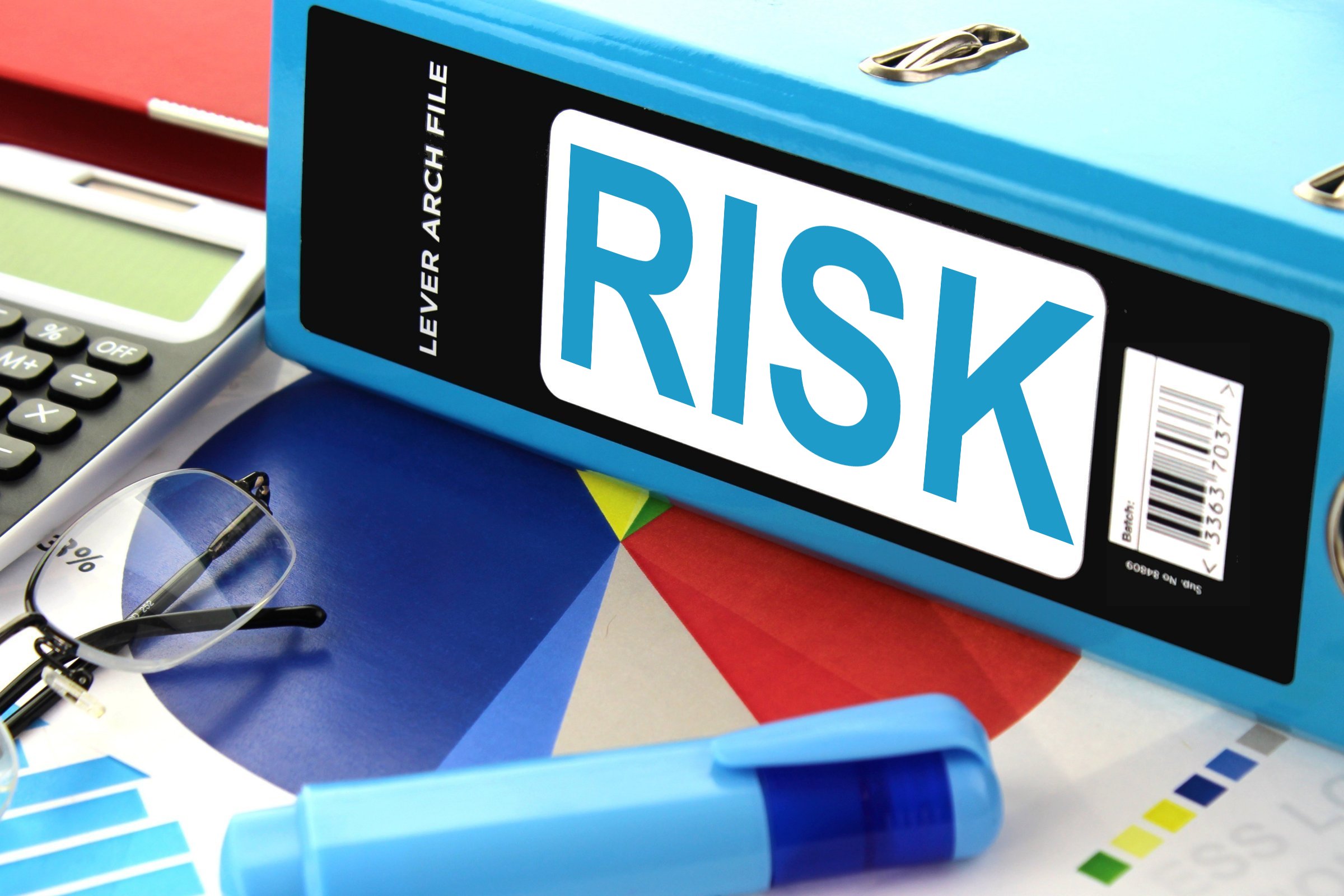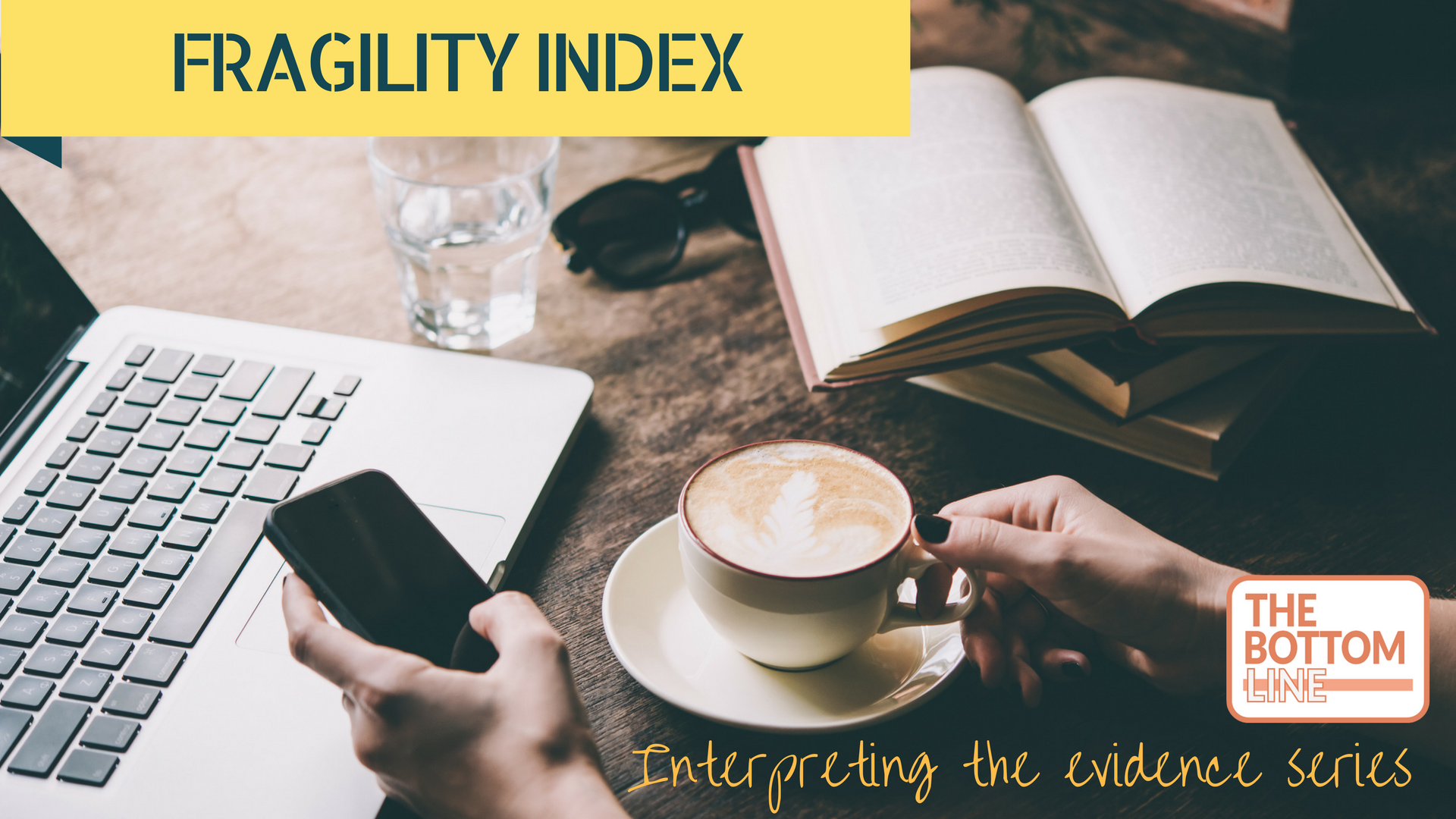Risks of Neglecting Due Diligence
Due diligence is a critical process that helps organizations mitigate risks associated with business transactions, mergers and acquisitions, and other strategic partnerships. Neglecting due diligence can lead to severe consequences, including:
Financial Losses:
- Acquiring a company with hidden liabilities or financial distress
- Investing in a project that lacks viability or returns
- Entering into contracts with unreliable or financially unstable parties
Legal Liability:
- Breaches of contract or laws due to undisclosed information
- Violation of regulatory requirements or sanctions
- Lawsuits from third parties affected by the transaction
Operational Disruptions:
- Delays or complications in integration or implementation
- Loss of productivity or market share due to hidden issues
- Damage to reputation or brand credibility
Strategic Failure:
- Misaligned objectives or incompatible business strategies
- Acquisition of a competitor that strengthens their position and weakens yours
- Investment in a technology that does not deliver the expected benefits
Erosion of Trust:
- Loss of confidence from shareholders, investors, or business partners
- Damage to relationships with stakeholders
- Difficulty attracting and retaining talent
Specific Risks in Different Contexts:
Mergers and Acquisitions:
- Misinterpretation of financial data or hidden contingent liabilities
- Failure to identify antitrust or regulatory hurdles
- Overestimation of synergies or underestimation of integration costs
Business Transactions:
- Unverified information on suppliers or vendors
- Failure to assess environmental or social risks
- Contracts with unclear or unenforceable terms
Strategic Partnerships:
- Incomplete understanding of partner's business model or culture
- Lack of alignment on key performance indicators (KPIs)
- Failure to evaluate potential conflicts of interest
Consequences of Negligent Due Diligence:
The severity of the consequences can vary depending on the specific circumstances, but may include:
- Financial penalties or sanctions
- Loss of business or market share
- Reputational damage
- Legal actions or arbitrations
- Impaired relationships with stakeholders
Prevention and Best Practices:
To mitigate these risks, organizations should prioritize due diligence and adhere to best practices, such as:
- Conduct thorough research and analysis
- Engage qualified professionals for legal, financial, and operational assessments
- Verify and cross-reference information
- Obtain independent expert opinions
- Document the entire due diligence process for transparency and accountability## Falling Through The Cracks: Risks Of Neglecting Due Diligence
Executive Summary
Due diligence is a crucial step in any business transaction or investment decision. It involves thoroughly researching and evaluating a potential investment or business partner to assess its risks and viability. Neglecting due diligence can have severe consequences, leading to financial losses, legal liabilities, and reputational damage.
Introduction
In today's complex business environment, it is more important than ever to conduct thorough due diligence before making any重大 decisions. Due diligence helps investors and businesses mitigate risks, make informed decisions, and protect their interests. By overlooking due diligence, organizations expose themselves to unnecessary vulnerabilities and potential failures.
FAQs
What is the purpose of due diligence?
Due diligence is a comprehensive assessment of a potential investment or business partner's financial health, legal compliance, and overall viability.Who should conduct due diligence?
Due diligence should be performed by qualified professionals with relevant expertise in the specific industry or transaction type.What are the consequences of neglecting due diligence?
Neglecting due diligence can result in financial losses, legal liabilities, reputational damage, and missed opportunities.Top 5 Subtopics
Financial Due Diligence
- Assess financial performance: Review financial statements, cash flow, and profitability.
- Identify financial risks: Evaluate debt levels, liquidity concerns, and potential liabilities.
- Verify financial projections: Examine assumptions and methodologies used in financial forecasts.
- Evaluate management's financial acumen: Assess experience, track record, and ethical considerations.
- Consider industry and economic factors: Analyze industry trends, market conditions, and potential risks.
Legal Due Diligence
- Review contracts and agreements: Examine key provisions, compliance requirements, and potential legal liabilities.
- Assess regulatory compliance: Ensure adherence to applicable laws, regulations, and industry best practices.
- Identify potential legal disputes: Perform due diligence on potential lawsuits or ongoing legal proceedings.
- Evaluate intellectual property rights: Determine ownership, protection, and potential infringement issues.
- Consider regulatory and legal ramifications: Analyze potential impact of regulatory changes or legal actions.
Operational Due Diligence
- Assess operational efficiency: Review operations, processes, and supply chain management.
- Evaluate key performance indicators: Measure and analyze operational metrics to identify strengths and weaknesses.
- Identify operational risks: Assess potential risks to business continuity, production, and customer service.
- Examine management's operational capabilities: Evaluate experience, leadership, and ability to manage operations effectively.
- Consider industry and competitive dynamics: Analyze industry trends, market share, and competitive threats.
Market Due Diligence
- Assess market size and growth potential: Evaluate the size, growth rate, and dynamics of the target market.
- Analyze competitive landscape: Identify key competitors, their market share, and competitive strategies.
- Evaluate customer base: Identify customer demographics, purchase patterns, and loyalty.
- Examine distribution channels: Assess the effectiveness and efficiency of current distribution channels.
- Consider market trends and industry dynamics: Analyze emerging trends, technological advancements, and potential market disruptors.
Environmental Due Diligence
- Assess environmental risks: Identify potential environmental liabilities, such as hazardous waste, contamination, and regulatory violations.
- Review compliance with environmental regulations: Ensure adherence to applicable laws and regulations related to environmental protection.
- Evaluate environmental management practices: Assess the organization's approach to environmental sustainability and risk management.
- Consider potential environmental impacts: Analyze potential risks and opportunities associated with climate change, resource depletion, and waste management.
- Identify potential stakeholder concerns: Address concerns from environmental groups, community members, and regulatory agencies.
Conclusion
Due diligence is an indispensable phase in any business transaction or investment decision. It empowers organizations to make informed choices, mitigate risks, and safeguard their interests. By neglecting due diligence, organizations increase their exposure to financial losses, legal liabilities, reputational damage, and missed opportunities. It is essential for businesses to prioritize thorough due diligence as a cornerstone of sound decision-making and risk management.
Keyword Tags
- Due diligence
- Risk management
- Financial due diligence
- Legal due diligence
- Operational due diligence






















































































































































 Global Online Gambling & iGaming is a full service cash Online Gambling & iGaming marketing consultancy with casino partners situated around the world.
Global Online Gambling & iGaming is a full service cash Online Gambling & iGaming marketing consultancy with casino partners situated around the world.